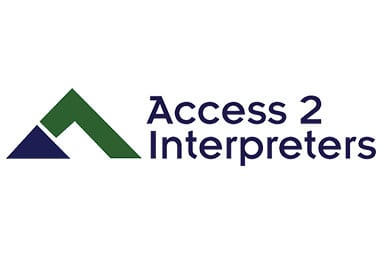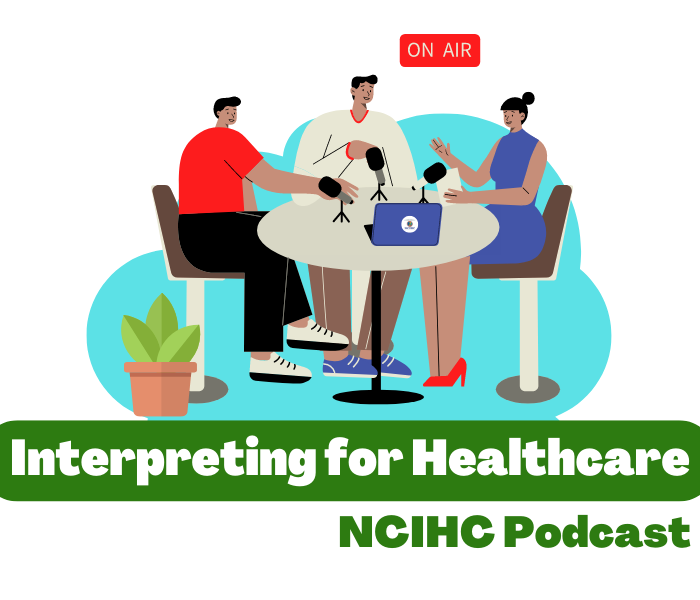Interpretation is a massive growing career field in the American economy. With the rapid development of globalized business and the flourishing non-English speaking population here at home, interpreters and translators are more in demand than ever before.
In fact, the United States Bureau of Labor Statistics stated that from 2012 to 2022, careers in interpretation and translation were projected to grow 46 percent – that’s much faster than the average growth rate for all occupations, which is 11 percent. As an interpreter, your work can take you anywhere from the hospital ICU to Silicon Valley.
When I first arrived in the United States, I spoke English, but I was nervous to speak with the airport staff and couldn’t ask for a bottle of water for my then 9-year old daughter. Even with my doctorate in linguistics from St. Petersburg University, the language and cultural barrier was difficult to overcome. For emigrants without a formal background in the English language, the language barrier is nearly impossible without the help of an interpreter.
This was when I realized that there was a massive opportunity for business here. According to the 2012 U.S. Census, about 43% of the foreign-born population who live in the U.S. reported that they spoke English less than ‘very well’, while about 13% did not speak English at all. There is a significant market of individuals who require interpretation and translation services, right here in our community.
As I had experienced the challenges of moving to another country, I wanted to provide access to basic services for others within my community. Necessities like understanding your doctor or being able to find a job, hinge upon having good English-speaking skills.
I established my interpretation and translation services business, Access 2 Interpreters, in Columbus, Ohio to provide certified, professional interpreters to non-English speaking people. Prior to interpreter regulations and requirements, the Ohio judicial system depended on bringing in bilingual speakers with no formal interpretation training – in fact, a 2006 survey of these interpreters showed that many had never received any formal training in court interpretation. This meant that in some cases, non-English speaking parties were receiving fragmented, and even completely false information.
To combat this issue, Access 2 Interpreters began a preparation course for legal interpreters, which fully certifies and trains interpreters in a specific field. Today, the Access Academy provides training for the healthcare, social services, and business fields, and many more areas of interpretation.
With the digital age expanding our offices, translation and interpretation services are becoming more and more vital to a business’ survival. Tele-interpretation services are often used to facilitate international conference calls, so branch managers from different countries can communicate efficiently and without room for misunderstanding.
Interpretation spans across a vast range of work. From opening up local resources to the individual, to facilitating a vital business meeting for a Fortune 500 company, interpreters connect the world around us.





